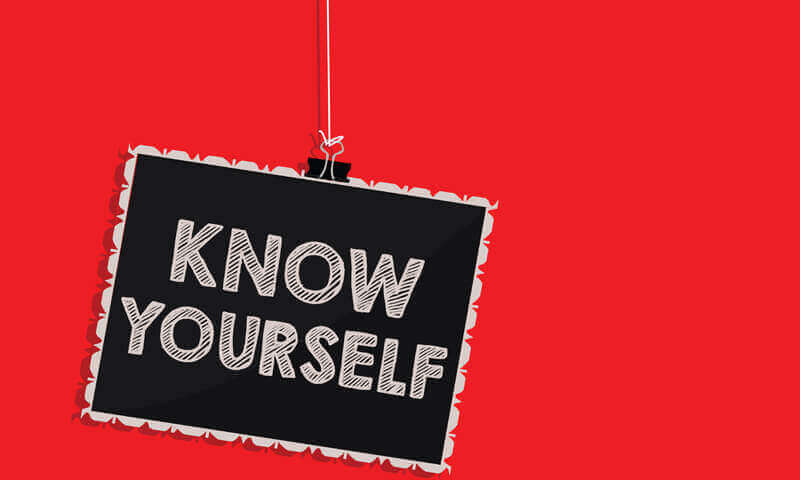
When you pin your future on doing what you do best, on your own, you'd better make sure you know your talents. To this end, many career programs begin with a solid self-assessment. Most career advisers suggest you get right to your skills, using devices such as the flower diagram in Richard Bolles' classic book, What Color Is Your Parachute? (Berkeley, CA: Ten Speed Press, 1996) But it may also help to learn more about your personality; many job counselors rely on the Myers-Briggs test, or some variation on it, as a tool for this task.
In general, the world of career planning has moved away from psychological-based counseling toward the business of building a winning job campaign or business plan. But there's much to be learned about attitude, as well as personality, by taking a test administered by a trained consultant.
Katherine "Kit" Kammer of Kammer Associates in Atlanta is such a consultant. Kit has 23 years of experience in career and outplacement counseling and recommended the Birkman Advanced Report. It combines a look at aspects of your personality, not unlike Myers-Briggs, with your vocational interests (and shows interesting interplay between the two).
So, for a couple of hours one quiet afternoon, I answered the 173 questions that comprise the Birkman test. I was "up" for it, confident that the picture of me that emerged would be someone I could identify with and be proud.
The Birkman test reinforced much that I knew about my-self-interests in music, literature and social service; a low-key, orderly, open and flexible style; a need for a creative atmosphere and a tendency to be self-protective under stress.
But there were also a few surprises. It showed me having interests in sales I never knew existed (and, strikingly for me, among the occupations for which I was found well-suited were furniture sales and marketing-my father's career-and the ministry, which is what my mother had quietly always wished for me to do). Kit's interpretation and application of the results to my current career options also gave me great insight. Soon, I began actively exploring a self-directed career and the test was a not-insignificant factor in the thought processes that led to my move. To say that it gave me confidence is an oversimplification; it pointed out some weaknesses, too. But it clearly showed that I projected a positive attitude about my skills and career opportunities.
I notice that's what I've reflected on the most in the six months since I took the test: that my attitude is everything and that the experience of learning more about myself bolstered my attitude. Taking the test made more tangible the personal skills required to advance my career and gave me a model for presenting myself. Looking back, it was a first run at my self-directed career.
There's no specific "entrepreneur" profile in the Birkman test, but I could conclude from the results that Dr. Birkman would be neither shocked nor too concerned if I went into business for myself.
Eugene Raudsepp, the late president of Princeton Creative Research in Princeton, New Jersey, found the following 12 traits to be key to successful entrepreneur hood. Many of them agree with Mancuso's, but there are some interesting additional ones:
- An achievement motivation (though not necessarily to get rich).
- An action orientation. Ready to make progress immediately.
- A strong sense of reality. Few illusions. Can confront mistakes.
- Internal control. Takes responsibility for what will be.
- Self-confidence. A strong ego, but not self-important.
- Opportunism. Can spot needs and imagine ways to fill them.
- Moderate risk-taking. Not gambling on long shots.
- Motivation and energy. Loves to work hard. Passion for success.
- Long-term perspective. Can handle delays and frustration.
- Persistence and tenacity. Determined to complete the job.
- Ability to accept failure. Ready to learn from mistakes.
- Effective problem-solving. Can combine analysis with intuition.
Bill Radin, in Breakaway Careers (Hawthorne, NJ: Career Press, 1994), says it really comes down to just three things: idealism, the ability to execute and the desire to compete. Community involvement and volunteer work are good indicators of idealism. Basic business sensibilities are a must: ability to manage finances, organize record-keeping and communicate effectively. Then all you need is the desire to compete-the love of making a good deal.
